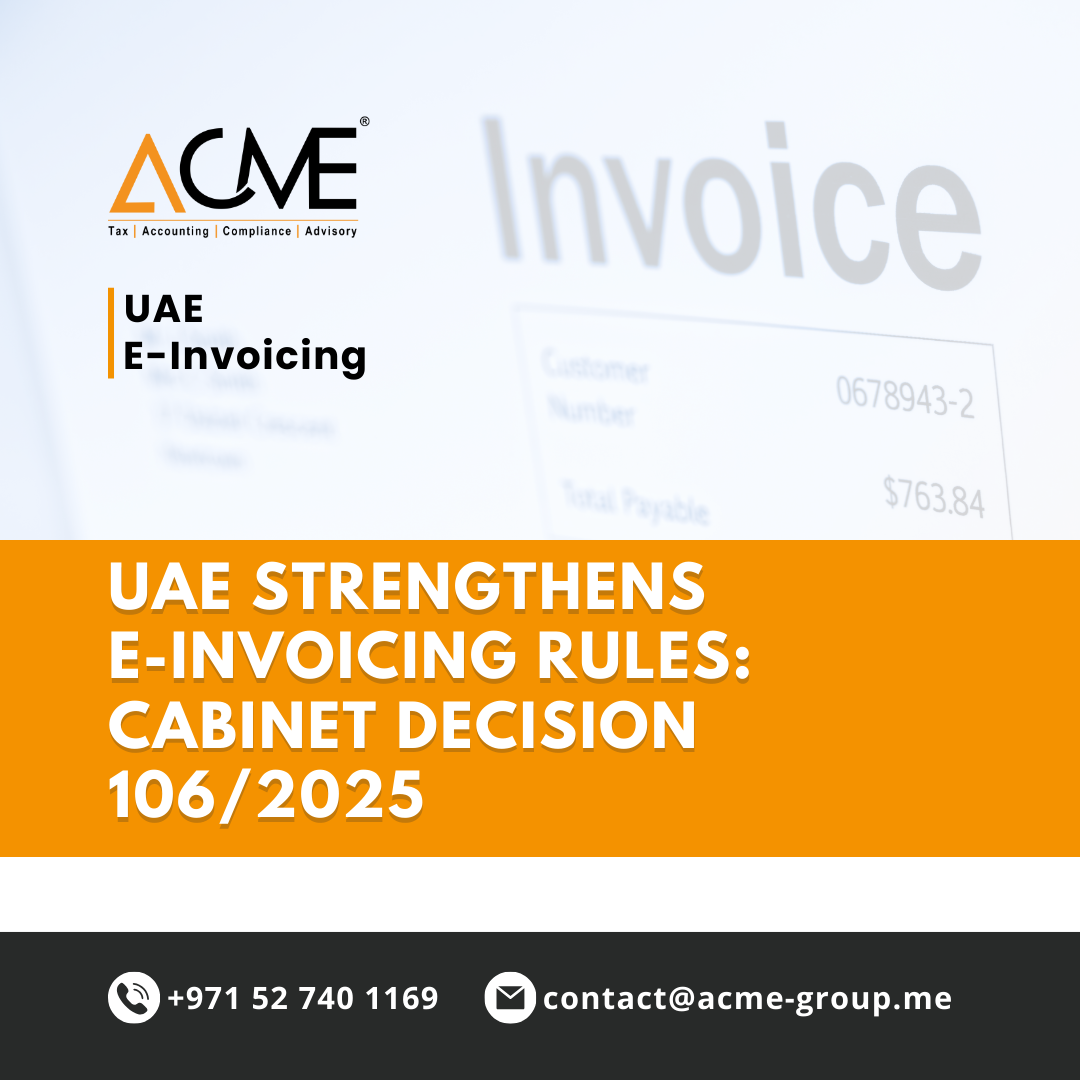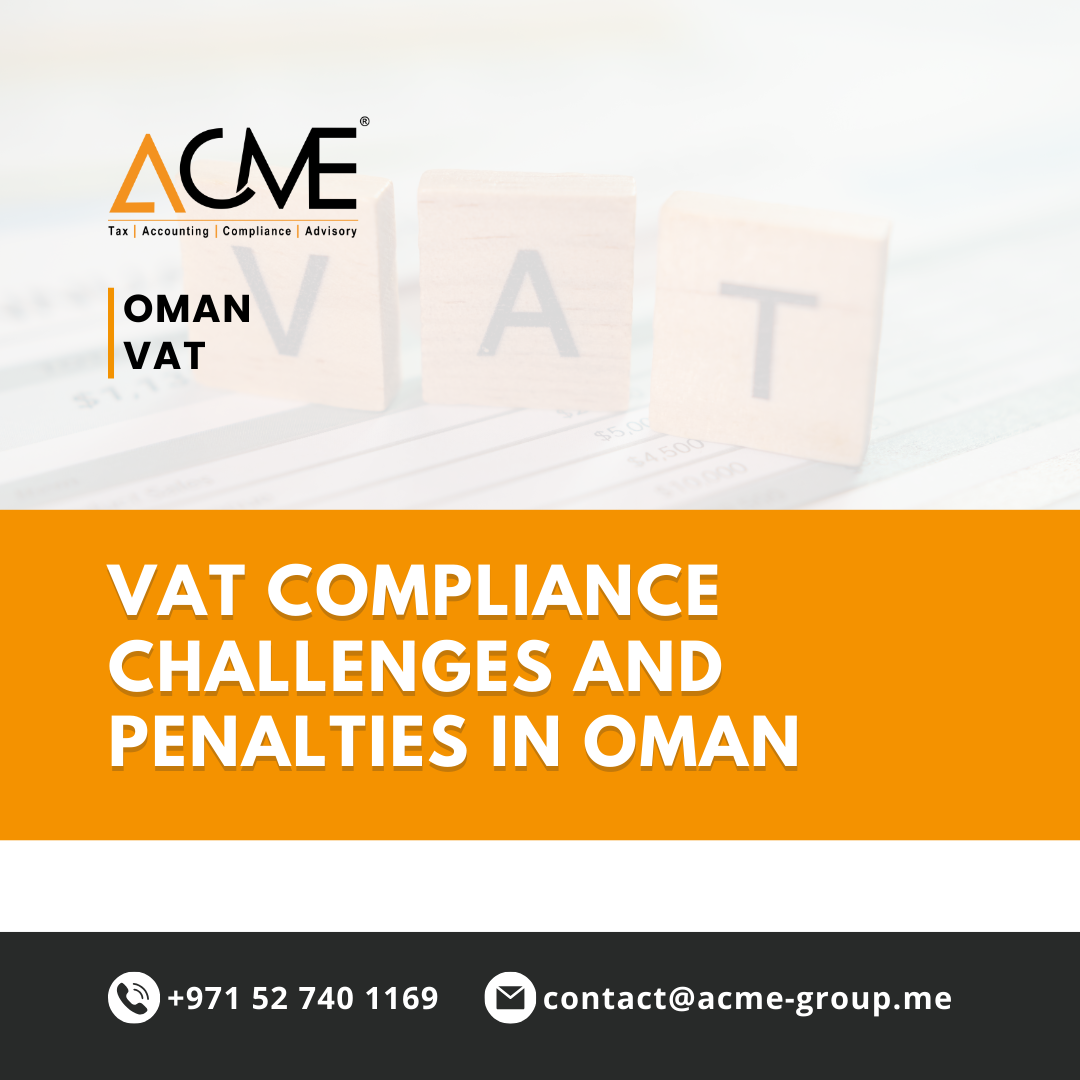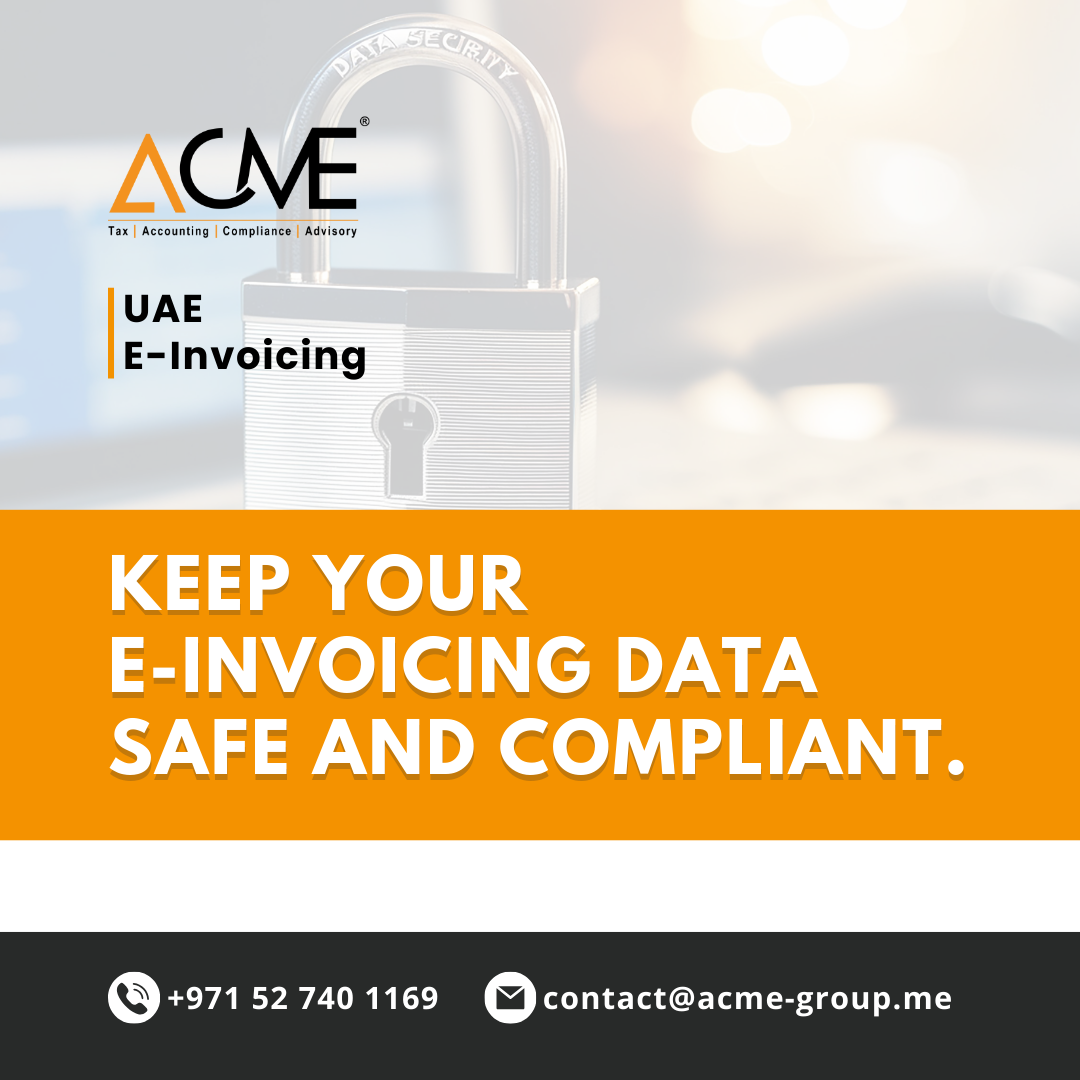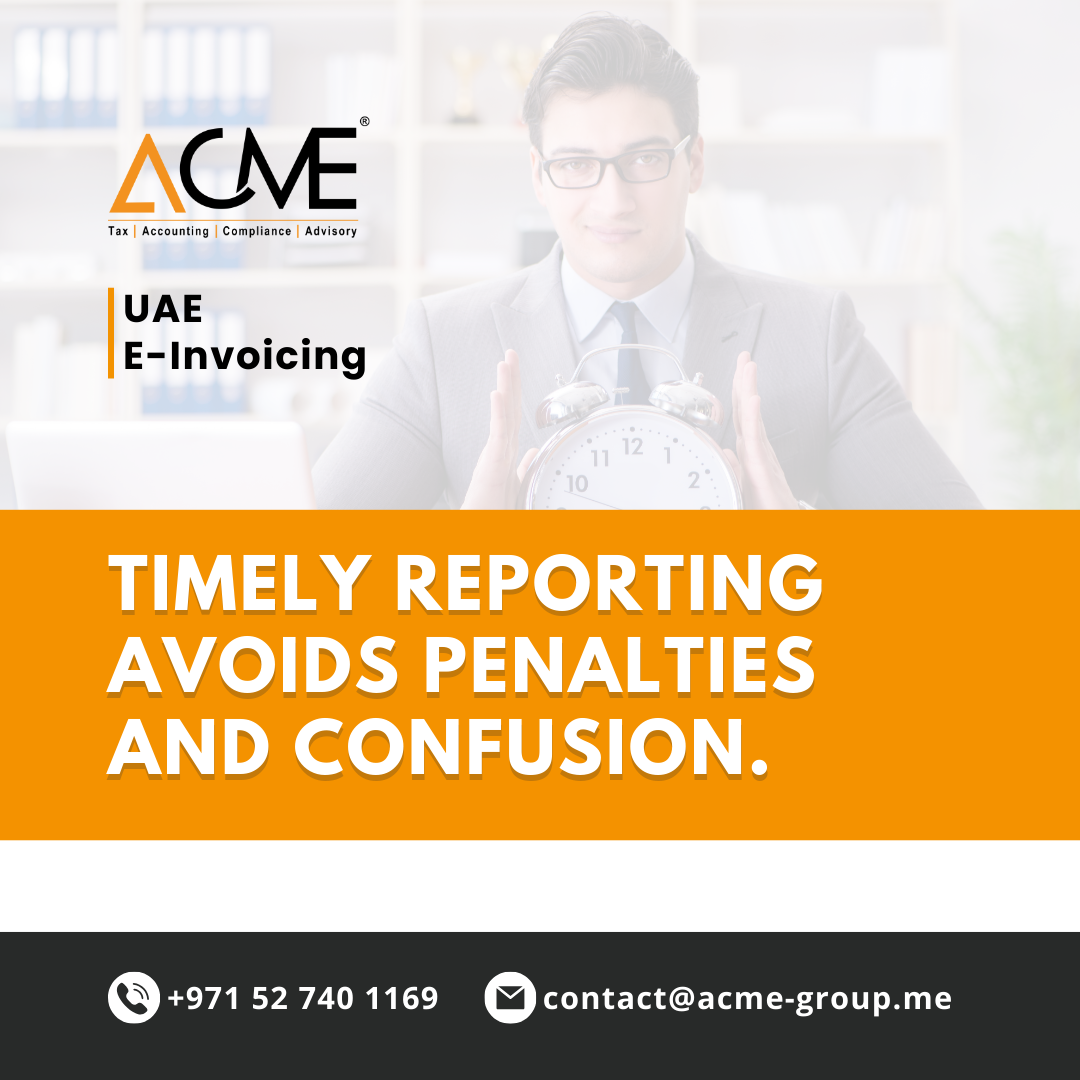In an era where global trade is increasingly complex, UAE Customs plays a crucial role in enhancing security while facilitating seamless trade processes. By offering a range of primary and subsidiary services, UAE Customs ensures that businesses and individuals can navigate the customs landscape efficiently. Here’s an overview of the most essential customs services available:
Clearance of Goods
One of the core functions of UAE Customs is the clearance of goods entering or leaving the Emirates. This service caters to a variety of goods under different statuses, including Commercial, Personal, Maqassah, and Temporary Admission. It also covers exports, re-exports, and transit goods within the UAE or between UAE Free Zones and neighboring countries.
Required Documents
To process a goods clearance application, the following documents must be submitted:
- Bill of Lading
- Certificate of Origin
- Delivery Order (Sea and Air)
- Packing List
- Permits or Certificates from Controlling Entities
- Invoice
The goods clearance varies depending on the type of declaration:
- Export and Re-export Data
- Import and Export Statement for Postal Parcels
- Import Declaration for Duty-Free Express Transport Shipments
- Import Declaration for Exempted Shipments by Air
- Import Declaration for Express Transport Shipments Not Exempt from Duties
- Import Declaration for Goods Not Exempt from Duties
- Import Declaration of Goods Exempted from Duties by Land or Sea
- Statement of Temporary Admission
- Transit Declarations
Steps to Clear Goods
- Login Using the UAE Pass: Access the UAE Customs portal with your UAE Pass credentials.
- Determine the Type of Customs Declaration: Identify the appropriate declaration type for your goods.
- Prepare and Submit Documents: Compile and upload the required documents.
- Obtain Approvals: Secure any necessary approvals from Controlling Authorities, if applicable.
- Pay the Fees: Complete the payment as per the cost structure.
- Print the Customs Bill: Retrieve and print the customs bill to finalize the process.
Conclusion
UAE Customs Services are designed to streamline the clearance process, making it efficient and straightforward for businesses and individuals alike. By understanding the required documents, associated costs, and procedural steps, you can ensure smooth operations for your imports, exports, and transit goods. This proactive approach not only helps in maintaining compliance but also enhances the overall efficiency of trade activities.
For more detailed information and assistance, visit the UAE Customs website or contact their support team. Stay informed and make the most of the customs services available to facilitate your trade needs in the UAE.
Summary
UAE Customs Services offer a streamlined approach to managing imports, exports, and transit of goods, enhancing trade efficiency while maintaining security. Key services include the clearance of goods under various statuses, such as Commercial and Temporary Admission. To clear goods, clients need to submit documents like the Bill of Lading, Certificate of Origin, and Invoice. Costs vary based on the type of declaration, ranging from AED 30 to AED 100. The process involves logging in with UAE Pass, preparing and submitting documents, obtaining approvals, paying fees, and printing the Customs Bill. These services ensure smooth operations for businesses and individuals navigating the UAE customs landscape.
Disclaimer: The Content offers general guidance and should not be considered legal, financial, or tax advice. Consult qualified professionals for personalized guidance. While efforts have been made to ensure accuracy, no guarantee is provided for completeness or applicability to individual situations. Users are responsible for their interpretation and actions based on this information, at their own risk.
For understanding more about VAT Updates, Transfer Pricing, Corporate Tax Law and Registration reach out to us on: contact@acme-group.me | +971 52 740 1169
This article was published on 06 August 2024.
Related Posts
UAE Strengthens E-Invoicing Rules: Cabinet Decision 106/2025
The UAE has taken another major step in its digital tax transformation with Cabinet Decision No. 106 of 2025, issued on 24 …
VAT Compliance Challenges and Penalties in Oman
While VAT may seem straightforward, compliance can be challenging for businesses unfamiliar with the system. Errors in filing, invoicing, or record keeping …
Data Fortress
Key Points: Store all invoices & credit notes in UAE per Tax Procedures Law Authority may access or share data with other …
System SOS
Key Points: Notify FTA within 2 business days of any system failure Use mechanisms and procedures determined by the Authority Conclusion Timely …
Qatar’s Global Minimum Tax Hits in 2025
Key Points: Law No. 22 of 2024 amends Qatar’s Income Tax Law (Law No. 24 of 2018) to introduce the Domestic Minimum Top-Up Tax (DMTT) and …
Join our Newsletter!
Receive updates on the latest News, Events, Webinar and more.
Our Services
-
Tax ServicesTax Services
-
Financial ServicesFinancial Services
-
AdvisoryAdvisory
-
ComplianceCompliance
Explore More
-
About UsAbout Us
-
Privacy PolicyPrivacy Policy
-
Contact UsContact Us





